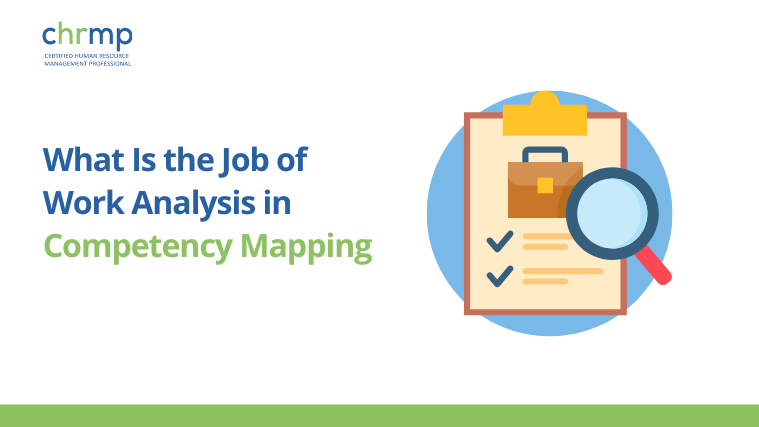

Managing emotions of others at workplace is an extremely important facet in running the organizations successfully.
Making the office environment friendly and comfortable for each member is essential, so that all of them are able to express their emotions. For this, an appropriate emotional culture must prevail in the organization. In an appropriate- emotional- culture- organization, each and everyone builds an environment, where they respect emotions of one another in a professional manner. Mutual trust and respect are key to this.
In the earlier blog written by us, we had listed 5 tips to manage your own emotions at workplace. However, it is to be noted here that even though you may very well tackle your own emotions, it is also vital to develop skill to manage emotions of others at workplace. Though, it is true that if each member of organization manages his or her emotions, the overall emotional ambiance will ameliorate. Also, it should be remembered that if some member of your organization becomes defensive or emotional, it reflects more about his problem and you may not be party to it. But it helps if you have strategies on hand to tackle the problem.
This blog entails in brief, 6 tips to manage emotions of others at workplace.
Watching the behavior of the concerned person is the first step. Paying attention to signals of emotional unrest and mistakes of a person may be included in this.
Reacting or adversely responding to the emotional outburst of another person is not a conducive situation. It must be avoided. Try to reduce the tension by a normal behavior or ignoring the matter.
Initially, allow for mistakes. Mistakes are inevitable, as no human being is perfect. However, the continuous occurring of mistakes and their piling up is not a good sign. Excusing the mistakes will help in building a culture of trust. When a culture of transparency, mutual trust and authenticity prevails, employees learn to adjust to the feelings of each other.
A question or series of questions may be asked from the aggrieved member, to identify the reason for his undue emotional behavior. This is must, if the mistakes are piling up and excusing them to a certain extent is not serving the purpose.
It happens most of the time, that those displaying negative behavior, just do it for releasing the pent up emotions, they are undergoing. In fact, they don’t want any solution also for the same. In such a situation, just listening to them allows to get it all out. This makes them feel “cared for and heard”.
If all of the above initiatives are failing and the continuous recurrence of the behavior is happening, it is time to act again through counseling. If counseling also fails, the person concerned must be told that he must conform to appropriate behavior and try to adjust. An emotionally volatile person is not a welcome entity and problem needs urgent redressal by management.
In nutshell, you can help those around you to be more emotionally intelligent or stable by following the methodology, as listed above. But before you help others, you yourself must attain emotional mastery . The steps listed in earlier blog may help you as regards this.
For corporate training on “Emotional Management” please write your requirements to
You may know more about us by logging on to the following websites:

© 2007-2025 CHRMP| All Rights Reserved | Powered by Ripples Learning & Research Private Limited
